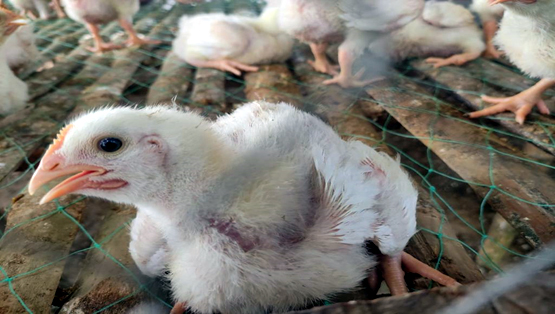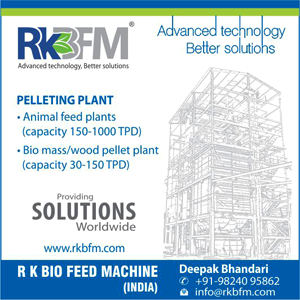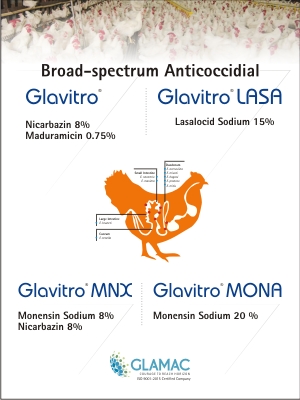Respiratory diseases in Poultry shows its significant role in which one or more birds sneezing/snicking with or without having swollen sinuses, foamy running eyes and nose. Respiratory diseases are commonly associated with several microorganisms i.e., viruses, bacteria, fungi and mycoplasma.

Microbiologist
There are some other factors may also take place such as chemicals, gases, pollutants, allergens, moulds and draughts. Birds affected from respiratory diseases can have nasal & ocular discharges, wheezing, gasping, watery eyes and/or swollen sinuses, difficulty in breathing also can stop eating and in severe cases may die.
Some common symptoms :
- Coughing
- Rales
- Sneezing
- Mucus in nose
- Swelling of the face and/or wattles
- Bluish-purple discoloration of the face
- Diarrhoea
- Red or white spots on the legs and comb
- Conjunctivitis
- Gasping
- Inflammation/ discharge the eyes
- Retarded growth
- Twisting of the head and neck (torticollis)
- Open-mouthed breathing
- Warts or scabs
- Shaking head
- Prostration
- Swollen head and wattles
- Paralysis
Respiratory diseases also cause respiratory distress, increased mucus secretion, stress, respiratory organs inflammation and congestion of lungs resulting severe economic loss due reduction in egg production, hatchability, weight gain, feed efficiency, carcass condemnation and mortality.
This demonstrates the need for the establishment of more comprehensive control strategies to overcome distress caused during respiratory diseases.
Steps to be followed to prevent the birds from respiratory disease:
- Keep the coop clean.
- The coop should be well ventilated.
- Buy flock/chickens from trustworthy source who can ensures their cleaning and spacious conditions as well as nutritious feeding of the bird in past the period.
- Quarantine new birds from the flock at least for three weeks.
- Strengthen bird immune system naturally by giving them herbs (i.e., Thyme, Oregano, Mentha etc.), Chopped or minced garlic, probiotics (i.e., Yoghurt), Apple Cider Vinegar in their drinking water.
What to do when birds get affected ?
If the bird develops any sign associated with respiratory disease, it is worth to consult with a veterinarian for the necessary treatment. In a common aspect, there are a high chance to transmission of pathogens among the birds, so, a veterinarian often suggests to treat the entire group of birds.
Several antibiotics and solutions are available in market to prevent/cure respiratory diseases in poultry. It works on restoring the obstructed flow of oxygen in the alveolar cells (lungs) and respiratory tract by clearing the pathogens and debris at cellular level.
Herbal, synthetic and semi-synthetic solutions are available in market to help in clearing the respiratory passage, relieving respiratory distress by reducing the mucus secretion, improving the oxygen supply to blood and the brain as well as the oxygen carrying capacity of the lungs.
Sometimes sickest bird may not be drinking water in which any curing solution is mixed. In this situation, pour the curing solution down their throat with a syringe or an eyedropper.
Although, we would certainly advise you to seek a proper veterinary attention before your chickens are given any prescription medication.
Prevention from reinfection
Proper coop management plays an important role in preventing the chickens from reinfection or disease spreading. The coop should be well cleaned after any sickness.
Maintaining a good health of the birds will also help to prevent from the infections. Good probiotics should be added into the birds feed for strengthening their immunity.
It is advisable to keep some medicines and preventatives on hand. Give a nutritious diet to your chickens with natural preventatives like oregano, thyme, eucalyptus & stinging nettle. It is appreciable to keep a chicken first aid kit on hand for crazy situations that may rise anytime.
Happy Chicken Farming!
For any queries, please contact the author – Ms. Shaista Khan, Microbiologist at shaikhan789@gmail.com
Similar article: Respiratory Challenges In Poultry During Humid Conditions- Overview And Solution






